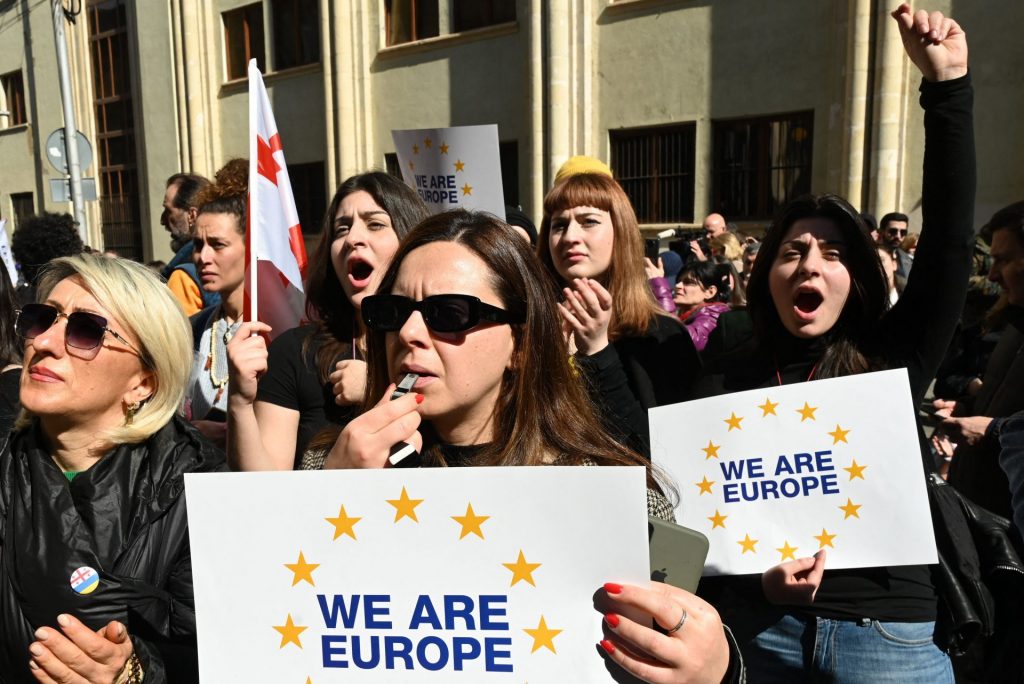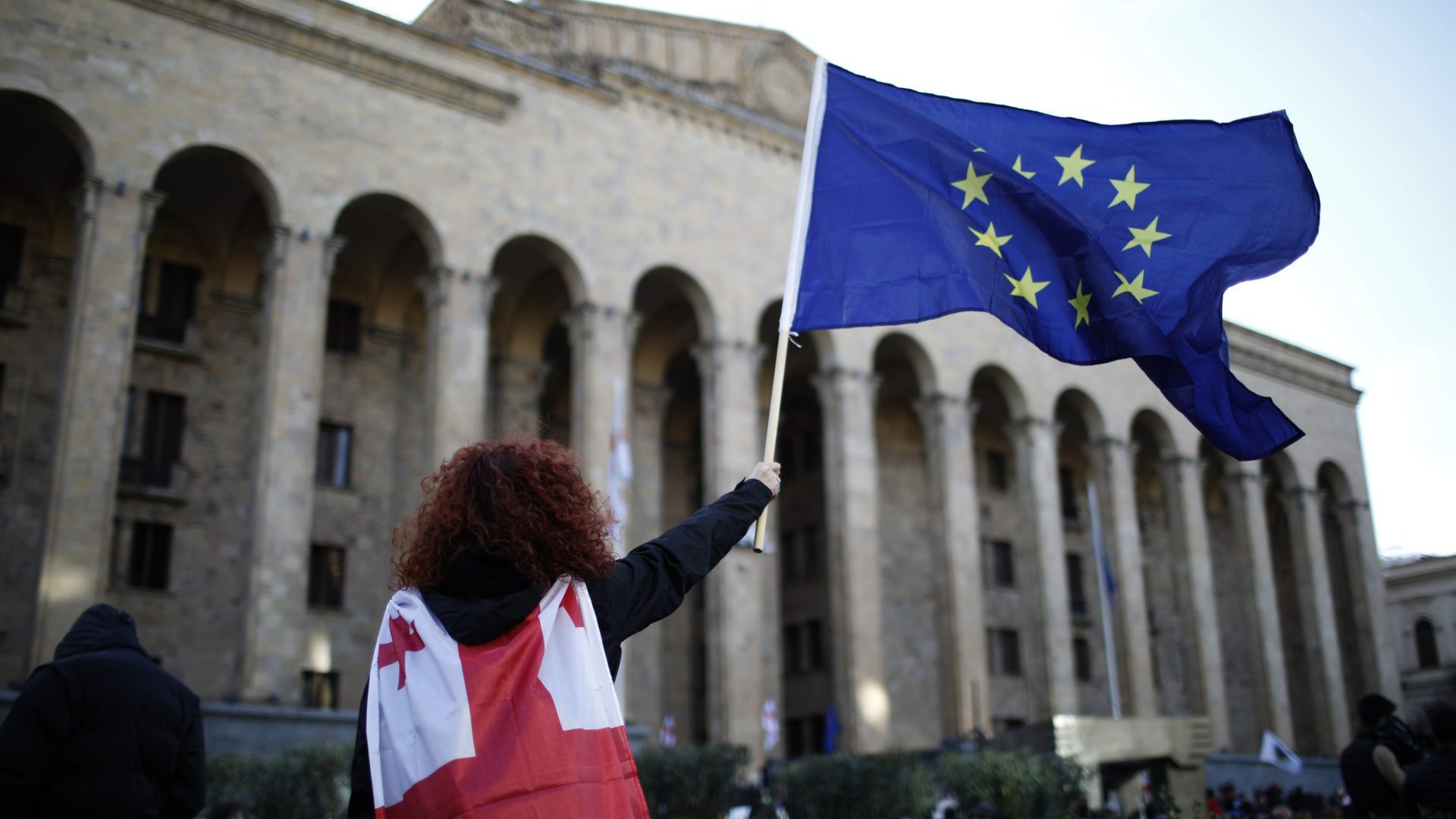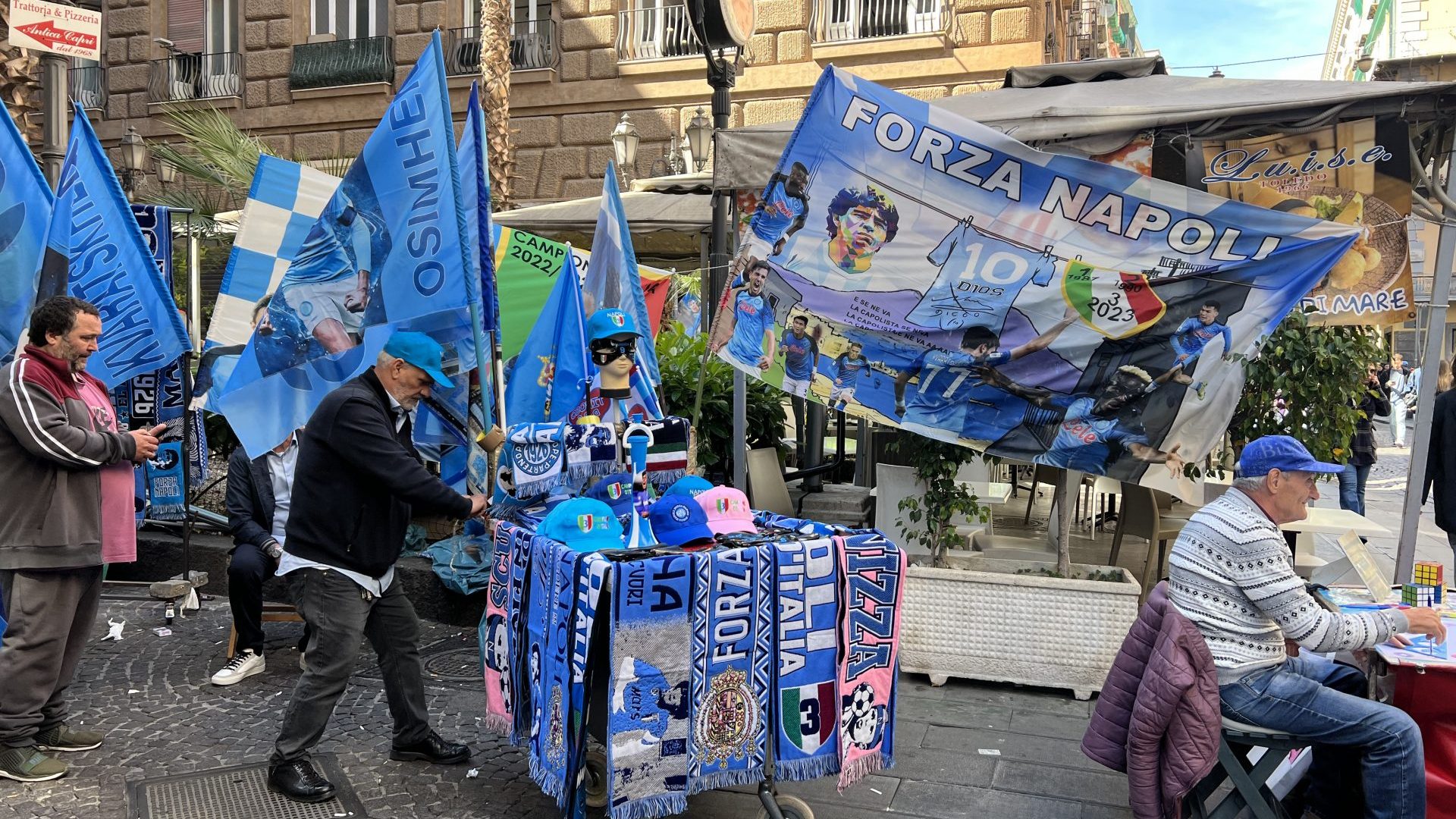Freedom has a taste, and for me it is the taste of tear gas. It scratches your throat, makes you dizzy and teary, but also reminds you of what you stand for, here on Rustaveli avenue in the centre of Tbilisi, in the early spring.
After intense demonstrations and mass protests across Georgia, our parliament withdrew the so-called “Foreign Agent” draft law which had been hurried through three committee hearings and a round of plenary sessions, all in less than a week. According to this new law, all-non-commercial organisations that receive over 20% of their funds from abroad would be entered into a registry of foreign agents. A new, special unit would monitor and investigate their activities and would be given access to employees’ personal data. It is a very Russian, Putinesque, law. Many Georgians don’t like it.
The protests were so extensive that the draft legislation has now been withdrawn, but the threat of overbearing government intrusion has not gone away. Georgia is meant to be on a path to EU integration, and that would involve moving towards a more open western-orientated political culture. But that process faces some determined and powerful resistance, both at home and abroad. The disturbances that have shaken Georgia and sent clouds of tear gas rising up across the centre of Tbilisi are driven by this changing relationship with Europe, and the political interests that are threatened by it.
Having withdrawn its proposed legislation, the national ruling party, “Georgian Dream” – which is informally led by an oligarch named Bidzina Ivanishvili – has said it wants to “better explain to the people the necessity of such legislation,” which suggests that it is preparing to try again. The government has now begun to confront the protests – and protestors – more directly. The Prime Minister, Irakli Gharibashvili, called the demonstrators “radicals”. He also gave an interview to Imedi, the government-associated TV Channel, in which he suggested that some protestors “were dressed as Satan”. Gharibashvili also made outlandish anti-Western statements, including that Mikheil Saakashvili, the third president of Georgia, who is currently in prison, was an “agent” of the EU.

While students and other Georgians with an interest in better relations with the west are labelled as “Satan” and “Nazis” by the ruling party and government officials, other, more sophisticated forms of pro-government propaganda have also emerged. The methods being deployed have a distinctly Russian flavour to them.
On March 14, the pro-Russian propaganda platform “Alt Info” and its supporters organised an anti-western rally that ended with an EU flag being burnt in front of the Georgian Parliament. Zurab Makharadze, one of the leaders of the demonstration and a pro-Kremlin activist, told the crowd that, “The empire should be restored.” He meant the Soviet empire, of course. At the same time, the parliament of Georgia has been publishing some strange books, crammed with conspiracy theories, intended to scare readers away from the “Lucifer west”. Some of the content veers towards overt anti-Semitism.
When Russia adopted a similar law against foreign entities in 2012 and used it against civil society organisations, it took five years for the Kremlin to broaden the legislation to include media organisations. In the Georgian version, all sectors are covered by the bill all at once, media included. This means that women’s groups, bodies associated with the LGBTQ community and which represent people with disabilities, along with other organisations that rely on foreign partners will be silenced. And because the law applies to independent media entities, no matter how small, it applies to numerous other media and social activists across Georgia – including me.
But as the tension on the street has eased off, the anti-western narrative coming from the Georgian authorities has intensified. Ucha Nanuashvili is a former public defence council and founder of several Georgian human rights organisations. He says that, in the 32-year history of Georgia’s independence, no legislation has caused such damage to the country’s development and European integration as this “foreign agents” bill. According to Nanuashvili, “civil society has experienced a smear campaign and direct attacks from the government during the last few years. But now it boils down to a matter of the existence of a free media and civil society in Georgia.” However, Nanuashvili also points out, though the government’s assault on civil society has been repressive and sinister, it has also reawakened the political instincts of Georgian society, and most importantly, the students.
Two factors were behind the government’s decision to push through this legislation and to do it so quickly. The first is that the EU will review its list of candidate nations this autumn, and Georgia has to meet 12 criteria to maintain its candidacy for EU membership. The second is the forthcoming parliamentary elections in 2024 – getting tough on foreign, liberal, western interference is part of the government’s electoral campaign. Nanuashvili believes that the government will reintroduce the legislation at the first opportunity, on account of pressure coming from one particular source.
“It’s clear that Russian propaganda and soft power are growing in Georgia – and the government promotes this,” says Nanuashvili. “The media and civil society will cease activities in the near future if the law is adopted. The government wants to monopolise the political field before the 2024 elections, but at the same time, the government is under pressure from Russia. Russia is pushing some countries in central Asia and the western Balkans – Bosnia – to adopt a similar law. This is Putin’s lifeline, in order to create an alternative pro-Russian space in the context of the disruption in Ukraine.”
Marta Ardashelia is editor-in-chief of SOVA, the Russian language news site, based in Tbilisi. She spent a whole week on the protests and even on Sunday when I spoke to her, Marta was at her office, working against pro-Russian and anti-western propaganda. She believes that the main goal of the ruling party is to provoke Brussels into refusing Georgia’s EU membership. She also said that Bidzina Ivanishvili – the influential oligarch – has alway made clear that “he is not satisfied with the working style of Georgian journalists,” adding that “he promised to create schools to teach us how to report.”
“Another very important point for me,” she continued, “was the quote from an interview when he said that if you turned off ‘opposition’ TV, there wouldn’t be any problem in our country. So this is the Georgian Dream’s perception of independent media and non-governmental organisations.”
The Georgian media market is very small, which makes it hard for independent outlets to run a sustainable operation. That means that publications such as SOVA work with the support of international donors. According to Ardashelia, the foreign agent laws would shut her down. She believes that the government is shaping up for another broad attack on civil society. “Authorities withdrew the bill because Georgian Dream, and Bidzina Ivanishvili himself, didn’t want to go against the new generation,” she said. “But what we see is that they are pushing harder on propaganda and repression. The hardest days are coming for those who are critical of the authorities.”
Despite being so poisoned with tear gas that she vomited, Elene Khachapuridze, Digital Communications Manager of Chai Khana media is not disheartened. “It is still my favourite protest that I ever covered and participated in because people were taking care of each other,” she said. “There was a sparkle of unity, a feeling of support – I’ve never felt anything like it in the 15 years I have been covering protests,” she said.
Elene started protesting on the streets of Tbilisi when the numbers were small and she stayed with the demonstrations until the end. The first protest was held on 20 February, when the draft law was registered in parliament.
“This was the first spark,” she says. “The second day, when I went on public transport, people were already talking about it, and referring to it as the ‘Russian law’. I think the media did a great job of increasing awareness, especially online media – and of linking it to Russia.”
Statements made by the leader of the ruling party, Irakli Kobakhidze, and by Vladimir Putin about the need to restrict the activities of “foreign agents” have been remarkably similar. Online media has also been very effective in explaining this, and the intrusive nature of the law, to a younger audience.
“This protest was a people’s protest,” said Khachapuridze. “People saw that it was not only an attack on the media and civil sector, but it was also an attack on Georgia’s European future.”
Though the pressure to withdraw the law was mainly domestic, there was also international pressure, particularly the threat of sanctions against Ivanishvili himself.
Georgia has a long history of Russian interference and political unrest – the two are often related. This spring, the Georgian people showed the world that they don’t want Russian laws or influence in their country, and that they do want EU integration, despite what the authorities say. But Georgia’s democracy risks backsliding and if that happens, the country risks becoming Russia’s backyard. And if that happens then the smell of teargas in Tbilisi will get even stronger.



